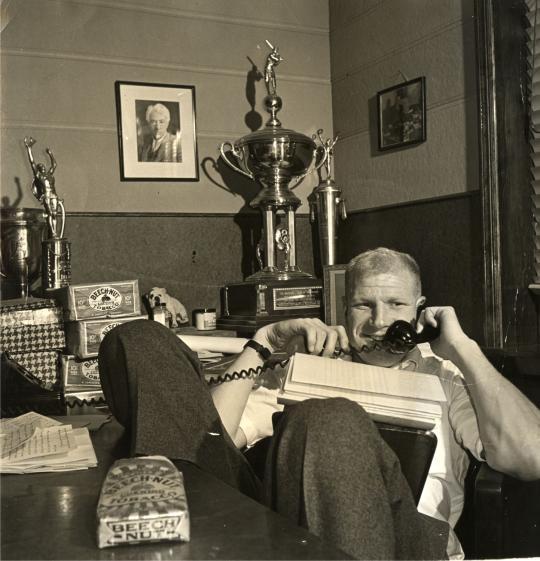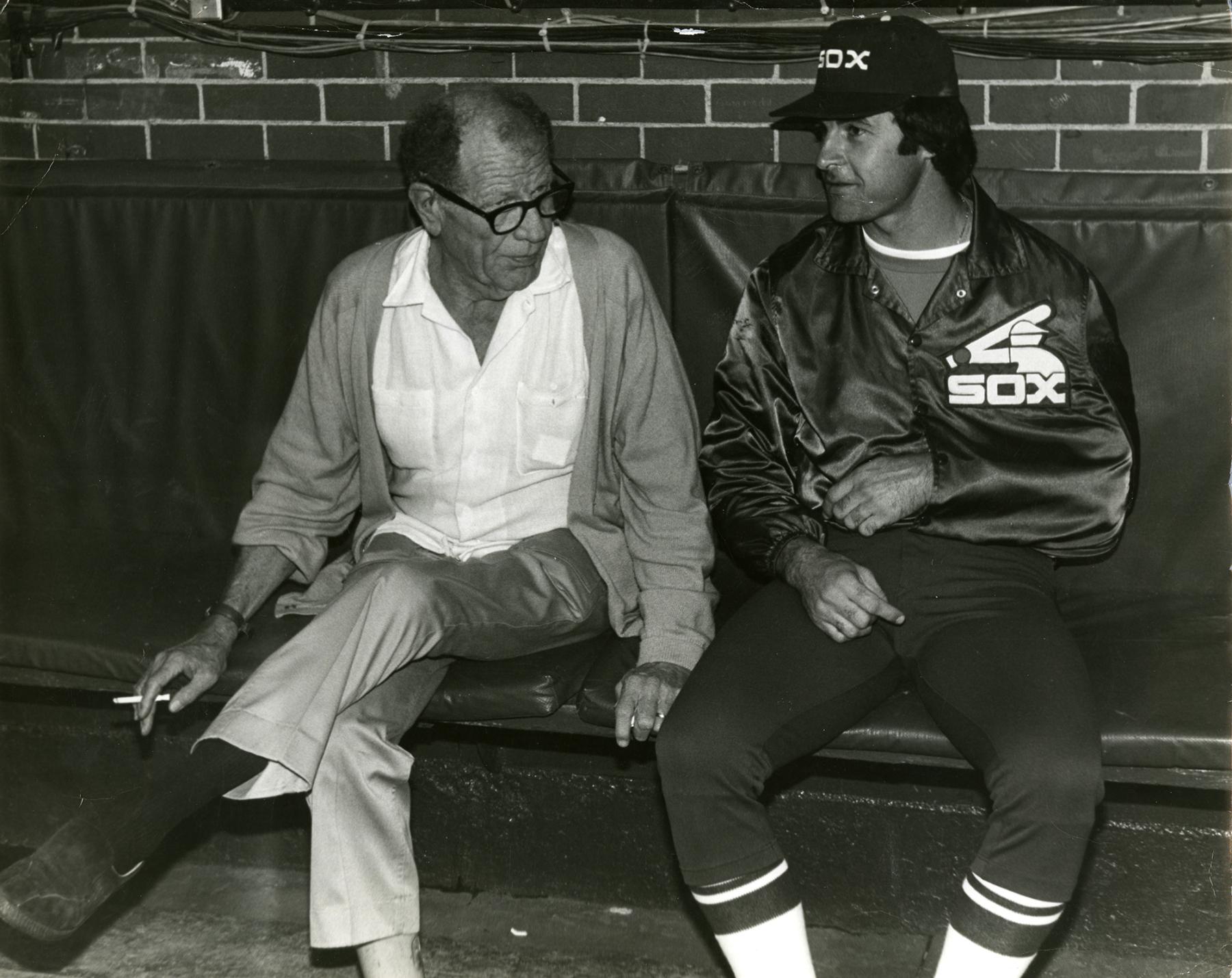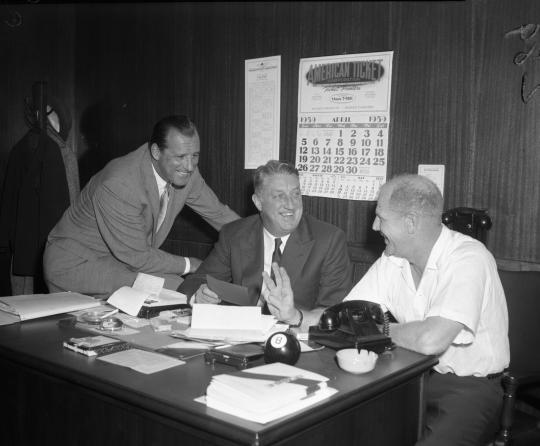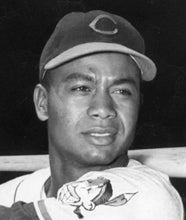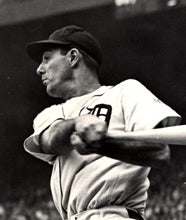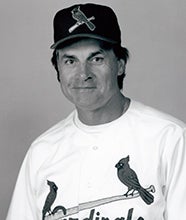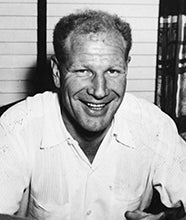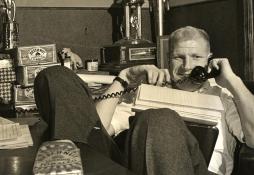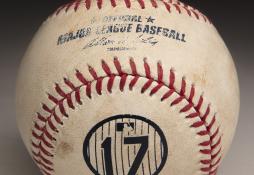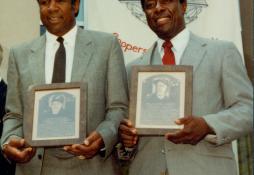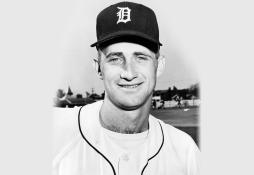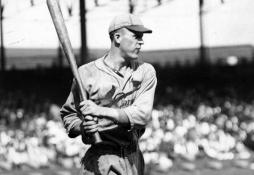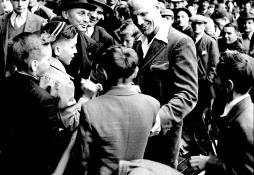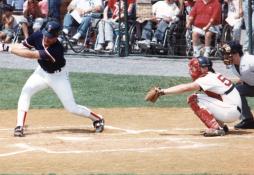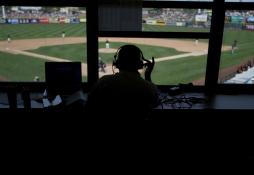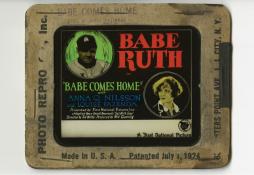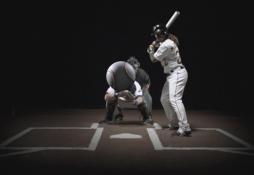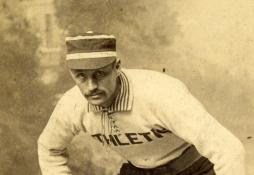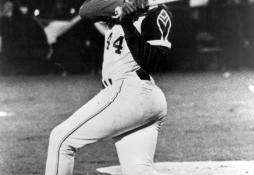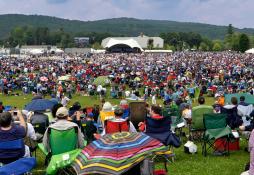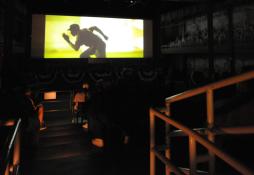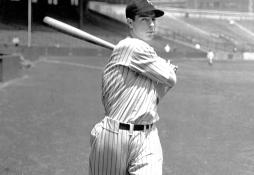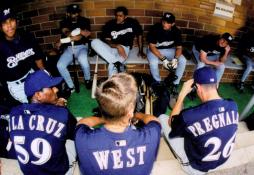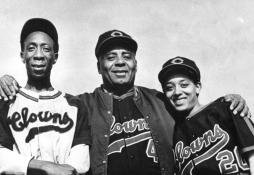- Home
- Our Stories
- Bill Veeck Returns as White Sox Owner
Bill Veeck Returns as White Sox Owner
Bill Veeck could never stay away from baseball very long. Veeck, it seemed, needed the game as much as it needed him.
On Dec. 16, 1975, Veeck's investor group bought 80 percent of the Chicago White Sox from John Allyn, putting the colorful owner in charge of the White Sox for the second time and in control of his fourth major league club.
At 61, Veeck's love for baseball still burned bright. And within two years, Veeck turned the White Sox into must-see entertainment in Chicago -- while building a winner on the field.
Veeck's status as a baseball maverick was already secure. His previous ownership runs with the Cleveland Indians (1946-49), the St. Louis Browns (1951-53) and the White Sox (1959-61) included the introduction of Bat Day, the signing of 3-foot-7 player Eddie Gaedel and the exploding scoreboard at Comiskey Park. His 1948 Indians won the World Series and set a new big league attendance record with more than 2.6 million fans, and his 1959 White Sox won the American League pennant.
Veeck also signed the American League's first African American player, Larry Doby, in 1947.
"I try not to break the rules, but merely test their elasticity," Veeck said.
By 1975, the White Sox had endured a stretch of seven of eight seasons where the team failed to finish better than .500. Veeck quickly developed an unorthodox plan, acquiring several soon-to-be free agents and scouring the waiver wire for discarded talent. The plan came to fruition in 1977, as the White Sox won 90 games while finishing third in the American League West.
And after two straight years of drawing fewer than one million fans, the White Sox drew 1.6 million customers in 1977 as Veeck worked his promotional magic. In his last stint with the White Sox, Veeck had his players compete in shorts, activated former star Minnie Minoso for games at the age of 50 and 54 (Minoso had one hit in 10 at-bats) and hosted Disco Demolition Night, which resulted in a large crowd but also a forfeit to the Tigers when the Comiskey Park fans became unruly.
By the end of the 1980 season, however, Veeck felt he could no longer compete with the richer owners in baseball -- and he sold the club in January of 1981. He spent much of the next few years in the bleachers at Wrigley Field, watching the Cubs from atop the walls where he helped plant the famous ivy back in the 1930s.
Veeck died Jan. 2, 1986, and was elected to the Baseball Hall of Fame in 1991.
Craig Muder is the director of communications for the National Baseball Hall of Fame and Museum

